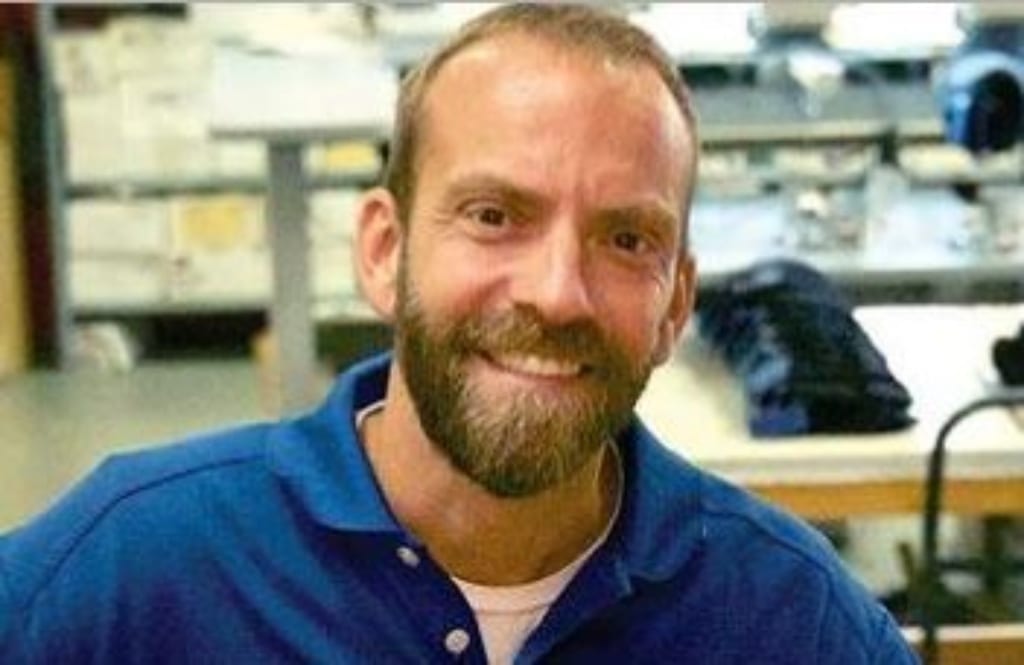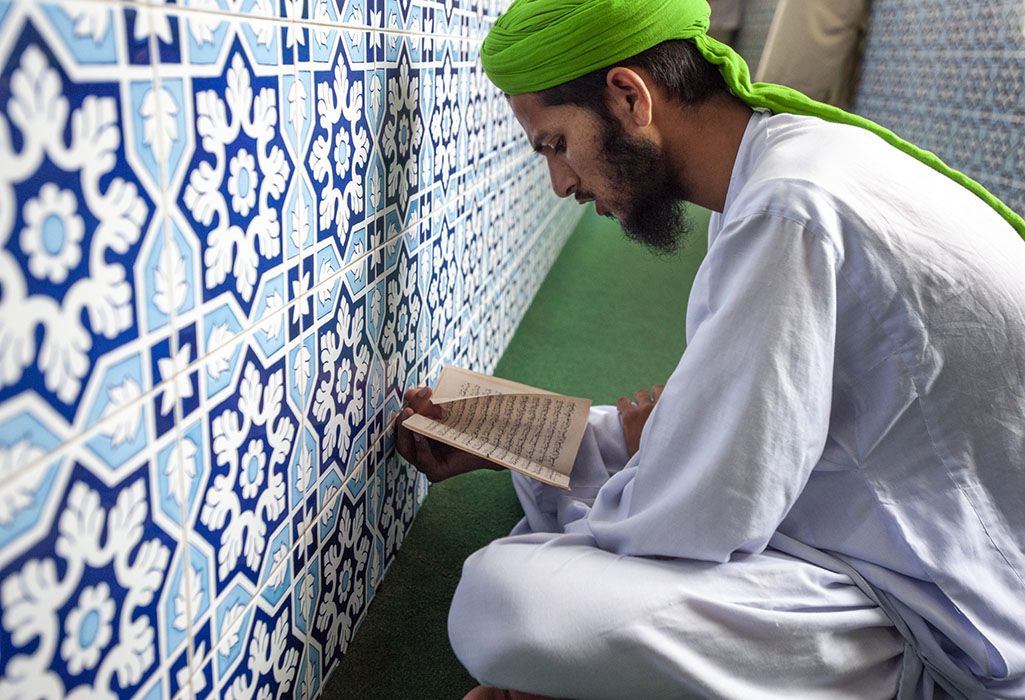
The Kentucky Supreme Court will hear oral arguments Aug. 12 in the case of Blaine Adamson, owner of Hands On Originals apparel company, who will defend his decision to refuse to print T-shirts for a 2012 gay pride festival.
At least four Christian business owners continue to fight for their religious liberty in years-long court battles.
Kentucky T-shirt printer Blaine Adamson, Colorado cake baker Jack Phillips and Oregon bakery owners Aaron and Melissa Klein are fighting for their right to reject business projects that violate their freedom of conscience.
On Aug. 23, the Kentucky Supreme Court will hear oral arguments as Blaine Adamson, owner of Hands On Originals apparel company, defends his decision to refuse to print T-shirts for a 2012 gay pride festival.
Jack Phillips, who twice prevailed against the Colorado Civil Right Commission (CCRC) – once in the U.S. Supreme Court – is in court a third time. In June a transgender attorney sued the baker personally after the CCRC dropped the attorney’s case against Phillips in March. The transgender attorney is seeking personal damages after Phillips refused to bake a cake in 2017 celebrating the attorney’s transition from male to female.
And attorneys for Aaron and Melissa Klein filed a brief Aug. 8 in the Oregon Court of Appeals after an earlier decision against the couple was vacated. Sweet Cakes by Melissa in 2013 refused to bake a cake for a lesbian couple’s commitment ceremony.
Adamson
The Lexington-Fayette County Human Rights Commission in 2014 charged Adamson of violating the county’s anti-discrimination ordinance by refusing to print T-shirts for Lexington’s Gay and Lesbian Services Organization (GLSO).
Adamson refused to print the shirts promoting the gay pride festival because the message violates his faith, Adamson’s legal counsel Alliance Defending Freedom (ADF) has said throughout the court battle. In 2012, Adamson offered to refer GLSO to another company.
Adamson won his argument in the Fayette Circuit Court and the Kentucky Court of Appeals, but the county appealed to the Kentucky Supreme Court in January 2018.
Adamson often refuses print jobs, ADF said on its website.
“From 2010 to 2012 alone, Hands On Originals declined at least 13 orders because of their messages, including shirts promoting a violent message, shirts promoting a strip club, and pens promoting a sexually explicit video,” the ADF said. “While Blaine serves every person, he cannot express every message.”
Phillips
Phillips’ battle with the CCRC dates to the 2012 case of Masterpiece Cakeshop v. Colorado Civil Rights Commission, which stemmed from Phillips’ refusal to design and create a bake celebrating a gay wedding.
In June 2018 the case made it to the U.S. Supreme Court, which ruled partially in Phillips’ favor, saying the CCRC showed anti-religious bias against the baker. But the court left open the larger issue of whether businesses can invoke religious objections to refuse work that promotes an LGBT lifestyle.
The CCRC sued Phillips a second time, just weeks after the high court’s ruling. This time, the CCRC charged Phillips with discrimination for refusing to bake a cake celebrating attorney Autumn Scardina’s transition from male to female.
The CCRC dropped the case after Phillips countersued in federal court, but Scardina is now pursuing the case in state court independent of the CCRC.
Phillips, also represented by ADF, believes he’s being harassed in an attempt to force him out of business. He no longer bakes wedding cakes, but continues in business as a baker.
“Every American should have the freedom to live and work according to their beliefs without fear of government punishment,” the ADF said on its website. “Jack serves everyone; what he can’t do is create custom cake art that celebrates events or expresses messages in conflict with his religious beliefs.
“And now, he is being threatened with financial ruin for exercising this freedom. It is time to leave Jack alone.”
The Kleins
Phillips’ U.S. Supreme Court victory gave new life to the case of the Kleins, who had been levied a $135,000 fine by the Oregon Bureau of Labor and Industries (BOLI). The couple had closed their shop and moved the bakery to their home.
In June, the high court cited its 2018 Masterpiece Cakeshop ruling when it rescinded the lower court ruling against the Kleins. The court asked the Oregon Court of Appeals to reconsider its ruling, in light of Masterpiece Cakeshop.
First Liberty Institute represents the Kleins.
“In its Masterpiece decision, the Supreme Court reminded government officials everywhere, that they must be neutral toward and respectful of the religious beliefs of its citizens,” First Liberty senior counsel Stephanie Taub said in a press release. “The Oregon decision against the Kleins was polluted by the same anti-religious bias that caused the U.S. Supreme Court to rule in favor of Masterpiece Cakeshop.
“It’s time for the Oregon courts to adhere to the Supreme Court’s precedent.”
(EDITOR’S NOTE – Diana Chandler is Baptist Press’ general assignment writer/editor.)


